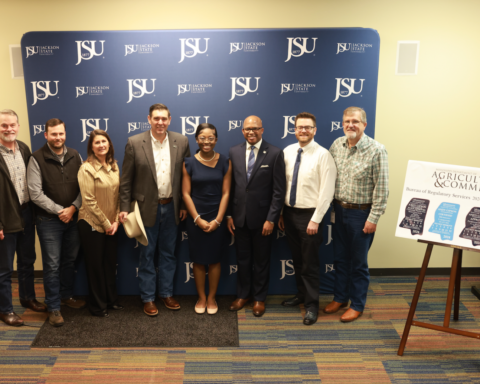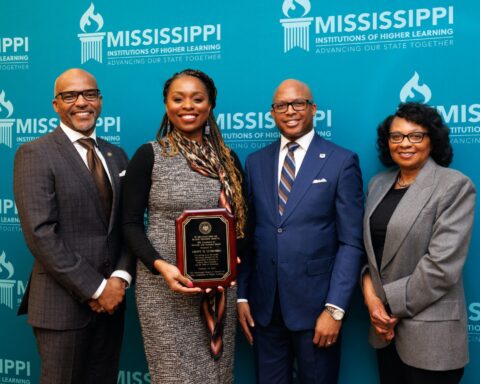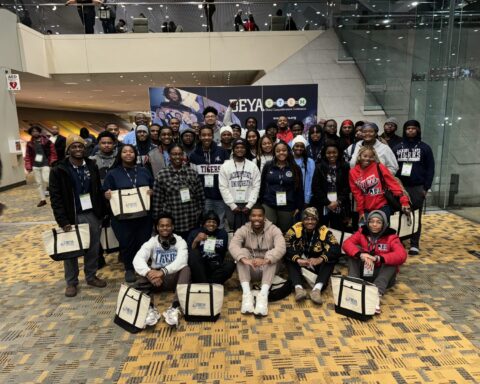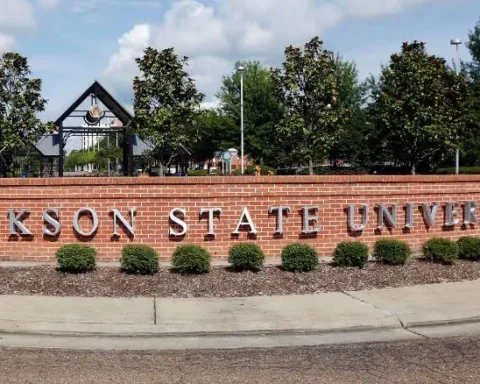Courtesy of Jackson State University
The World Bank Group today signed a new agreement with Jackson State University President Thomas K. Hudson, J.D. and the presidents of five other Historically Black Colleges and Universities (HBCUs) that will promote the sharing of knowledge and talent between the institutions to advance more inclusive and sustainable social and economic development.
“We are very pleased to enter into this historic agreement with these HBCUs, which are all led by visionary presidents, with stellar faculty and impressive alumni,” said World Bank Group President David Malpass. “We hope this alliance will provide a platform for awareness building and collaboration between students and faculty of HBCUs and the World Bank Group for developing more innovative and culturally-informed solutions to many of the world’s pressing development challenges.”
President Hudson noted the partnership will provide faculty and students an opportunity to collaborate on ways to develop more inclusive and sustainable social and economic development through use of JSU’s expertise in business, science and technology research.
“The collective mission of the entities that comprise the World Bank Group is to reduce poverty, improve living conditions and promote sustainable development across the globe,” said Hudson. “Jackson State University looks forward to fruitful partnership to align our collective knowledge and expertise to help advance society.”
The pilot agreement with the HBCUs – JSU, Claflin University, Clark Atlanta University, Howard University, Tennessee State University, and Xavier University of Louisiana – provides a framework for the World Bank Group to draw on the rich talent and research of HBCU students and faculty while providing those students and faculty access to the World Bank Group’s deep pool of development knowledge, data, and analytics.
In addition, the initiative will promote greater awareness and understanding of international development and the work of the World Bank Group at the HBCUs.
The HBCUs were invited to enable them to explore development and advancement opportunities and partnerships for their respective institutions. These private and public institutions, established before the Civil Rights Act of 1964, focus on providing a rigorous, relevant education to all, and particularly for African Americans.





